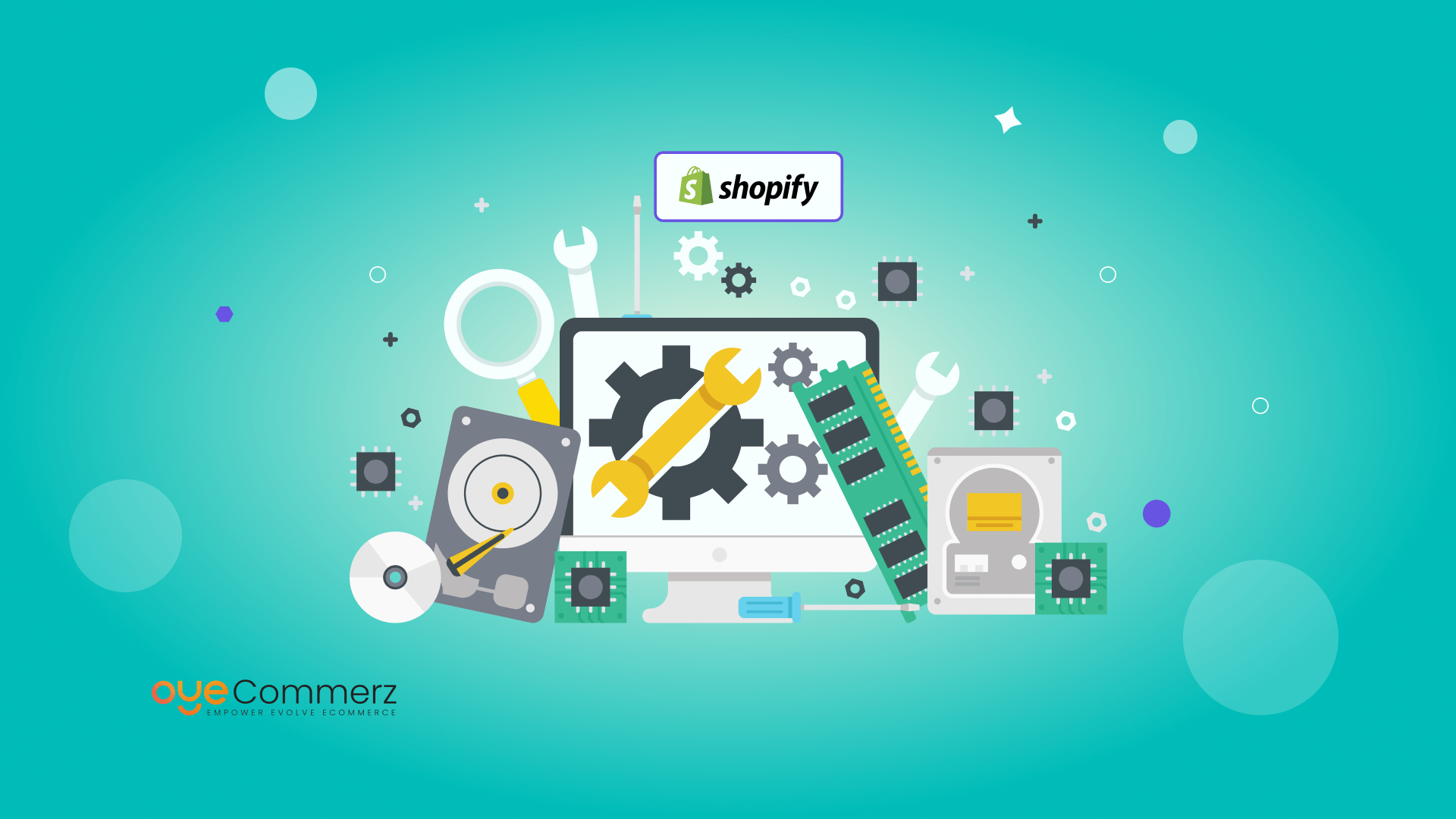Overview
In the current competitive e-commerce landscape, differentiating is paramount, and one of the best ways to differentiate a Shopify store is through custom app creation. A robust Shopify app can enhance store functionality, streamline operations, and elevate customer interaction. This guide delves into essential aspects of Shopify app development, covering API integration and app ecosystem to scaling strategies and promotion methods, offering a roadmap for businesses looking for unmatched store performance.
The Importance of Shopify API Integration
Shopify’s API provides powerful tools to customize and extend store capabilities. With the GraphQL and REST API options, developers can retrieve information to build applications that handle inventory control, order handling, and customer information management seamlessly. Using Shopify’s API can enable improved workflow automation and enables stores to assist shoppers more effectively.
Utilizing the Polaris Design System
Polaris is Shopify's design system for designing intuitive and easy-to-use Shopify apps. By adhering to Polaris principles, developers guarantee that apps seamlessly integrate within the Shopify Admin experience. This ensures a cohesive appearance that resonates with Shopify merchants, promoting usability and familiarity for merchants utilizing your tailored app.
Navigating the Shopify App Ecosystem
The Shopify app ecosystem offers endless possibilities for enhancing e-commerce sites. From managing fulfillment processes to boosting customer engagement, apps in this ecosystem are tailored to meet diverse business requirements. Familiarizing with this ecosystem assists developers in identifying unique app opportunities and allows for seamless integration of third-party services that enhance the store.
Building Embedded Shopify Apps
Embedded apps integrate directly within the Shopify Admin, providing a smooth interface for merchants. They ensure that merchants don’t have to leave their Shopify dashboard, simplifying their process. Employing Shopify App Bridge and embedded app capabilities is a best practice for offering a cohesive, integrated user environment.
Leveraging Node.js and React for Shopify Development
Node.js and React have emerged as ideal tools for Shopify app creation. Node.js enables high-performance back-end services, while React enables dynamic, responsive front-end design. Combined, they provide an strong framework for building fast, growth-ready Shopify apps that improve store performance and customer interaction.
Webhooks in Shopify Apps
Webhooks allow real-time data synchronization between Shopify and an external app. They trigger events such as new orders or stock changes and send instant alerts to your app. By implementing webhooks, apps can provide up-to-date information to store owners, streamlining workflows and boosting productivity.
Engaging Customers Through Digital Marketing for Shopify Apps
To ensure Shopify app success, Shopify development process connecting with users is crucial. Utilizing digital marketing strategies like SEO, email marketing, and social media campaigns can increase app usage. Additionally, creating applications with customer engagement in mind (e.g., loyalty programs or personalized suggestions) boosts user retention and loyalty.
Making Your Shopify App Scalable
As e-commerce stores expand, so do their technology requirements. Ensuring that your app can manage higher usage, larger data sets, and more complex functionalities is essential. By improving server capacity and using scalable technologies, you can create apps that grow in parallel to a store’s success.
Important Features and Maintenance Tips for Shopify Apps
For an app to be effective, it should offer key capabilities like user authentication, dashboard analytics, and support channels. Regular app upkeep, including updates to fix bugs and compatibility checks with new Shopify Advanced Shopify features functionalities, is important to maintain uninterrupted performance and avoid interruptions to business processes.
Conclusion
Custom Shopify app development holds vast potential for e-commerce businesses, providing the ability to enhance performance, simplify operations, and build customer relationships. From integrating APIs to focusing on scalability and customer interaction, creating a Shopify app requires careful planning and well-planned actions. If you’re prepared to elevate your e-commerce experience, a custom Shopify app could be the perfect choice. What features do you envision for your dream application? Share your ideas and take the first step toward an optimized e-commerce experience!
